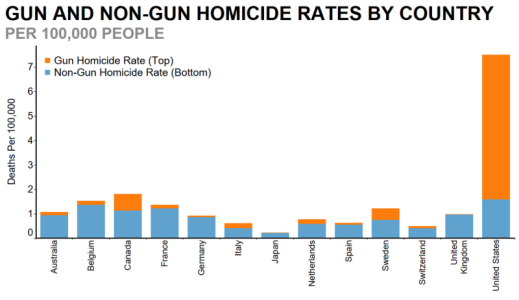NotUrsula
DIS Legend
- Joined
- Apr 19, 2002
- Messages
- 20,093
You're absolutely correct that constitutions can be amended, but unfortunately in the US it's not done by popular referendum.I just want to make a comment about this. In Ireland , our Constitution was enacted by the People 1st July, 1937 and has been in operation as from 29th December, 1937.
The 1930's in Ireland were a very different time. The Constitution was written to reflect the culture and society of the time. Divorce, abortion, and homosexuality were all illegal and banned by The Constitution. Single women in Government jobs, teachers, nurses and those who worked in civil service had to resign from their job when they married and married women were banned from being employed in these jobs.
Over the years the people of Ireland have voted in various referendums to change The Irish Constitution.
The Fifteenth Amendment of the Constitution Act 1995 is an amendment of the Constitution of Ireland which removed the constitutional prohibition on divorce, and allowed for the dissolution of a marriage provided specified conditions were satisfied. It was approved by referendum on 24 November 1995 and signed into law on 17 June 1996.
The Thirty-sixth Amendment of the Constitution of Ireland is an amendment to the Constitution of Ireland which permits the Oireachtas to legislate for abortion. The constitution had previously prohibited abortion, unless there was a serious risk to the life of the mother. It was approved by referendum on 25 May 2018 and was signed into law on 18 September 2018.
Constitutions can be changed by referendums and updated to reflect how the culture and society of the country has changed since the founding of the country.
Passing an amendment to the US Constitution requires a 2/3 Congressional majority vote to pass; it cannot be done by simple 51% majority. You have to first get the US Congress to draft the proposed amendment and pass it with that margin, whereupon you then have to get a minimum of 38 state legislatures to ratify it, again, by a 2/3 margin from each. Alternatively, it can be done by calling a Constitutional Convention, but to do that requires the legislatures of at least 38 states to pass a resolution (again, by 2/3 majority in each) to petition Congress to convene a Convention. As the process is spelled out in Art. 5 of the Constitution, changing the process would ALSO require passing a separate Constitutional Amendment. (For a more comprehensive explanation of the process, see https://www.archives.gov/federal-register/constitution)
The fight over the proposed Equal Rights Amendment is still not over; a version of the ERA was originally put forth in 1923, but the issue repeatedly failed to make it out of Congress until the current version was proposed in 1972, passed, and was sent to the states with a 7 year ratification deadline (later extended to 10 yrs.) By the time the 10 years was up, only 35 states had ratified it, but through various legal challenges it was allowed to remain open to ratification. Finally, in Jan 2020, Virginia ratified it as the 38th state to do so, but unfortunately, between 1982 and 2020, five other states (NE, TN, ID, KY, SD) had voted to rescind their previous ratifications, ostensibly rendering the Virginia vote merely symbolic. (The Constitution actually doesn't have a rule about rescinding a state ratification, and various court cases have come down on both sides, so that issue is still in legal contention, as is the question of whether or not Congress has the authority to waive a ratification deadline.)
The last time a really controversial Constitutional Amendment was passed was the 19th, which gave women the right to vote in August 1920. I *highly* recommend reading The Woman's Hour : The Great Fight to Win the Vote by Elaine Weiss, which goes into great detail about the legal fights and extralegal chicanery that surrounded the 70-year long effort to put forth and ratify women's suffrage.
Oddly, the 18th Amendment (Prohibition of alcohol sales, transport and mfr.) was not really controversial; the idea of it as a cure for petty crime and domestic violence was equally popular with both parties in Congress, and ratifying it took only 18 months or so. Of course, it was SUCH a spectacular failure in terms of unintended consequences that repealing it was a slam-dunk, and only took 9 months from proposal to ratification.
Last edited:
